Dr. Aram Seddigh
Dr. Seddigh has a Ph.D. in Work and Organisational Psychology, a Bachelor’s degree in Economics, and is a licensed psychologist. Dr. Seddigh is the CEO of WeOffice and also works as a workplace strategist, supporting organisations in developing and implementing workplace strategies. Dr. Seddigh is also a course leader for certification training for workplace strategists. He is frequently hired as a lecturer, seminar leader, change leader and project leader. Due to his vast knowledge in the field, Dr. Seddigh is frequently interviewed for newspaper reports and often appears on various podcasts about health, sustainability and the work environment, as well as on the radio (Swedish and international) and TV channels.
Sven Ostner
Sven är en erfaren arbetsplatsstrateg, projektledare, byggkonsult och arkitekt. Med sin omfattande kompetens från över 200 projekt, har han expertis inom planering, projektering och genomförande av projekt. Dessutom har han en stark vetenskaplig bakgrund inom arbetsplatsutformning, arkitekturpsykologi och neurodesign. Han är även medförfattare till böcker om hur gestaltning påverkar människors beteende, välmående och produktivitet. Ett särskilt intresse har Sven för att utforska samspelet mellan arkitektur och människors välbefinnande.

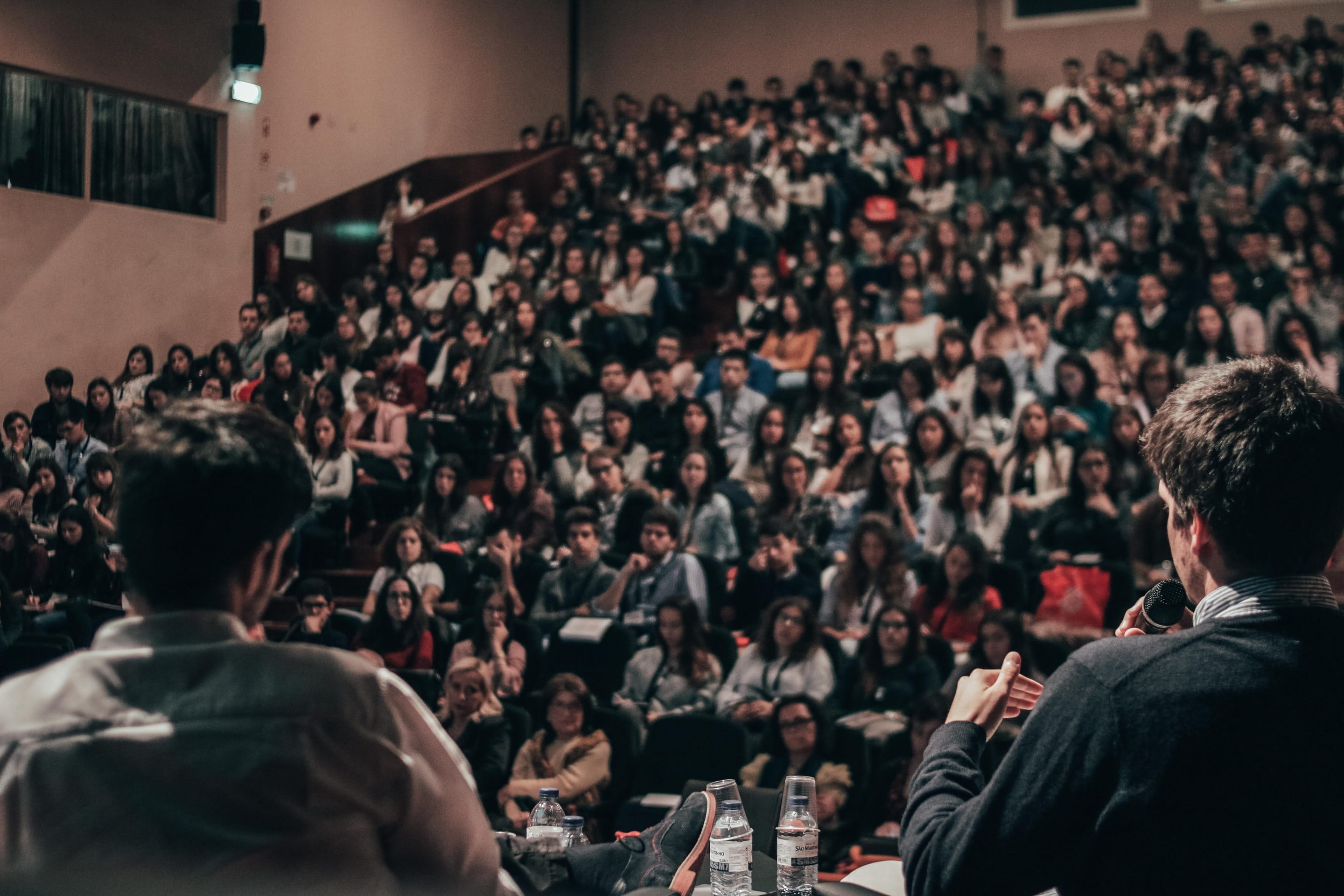

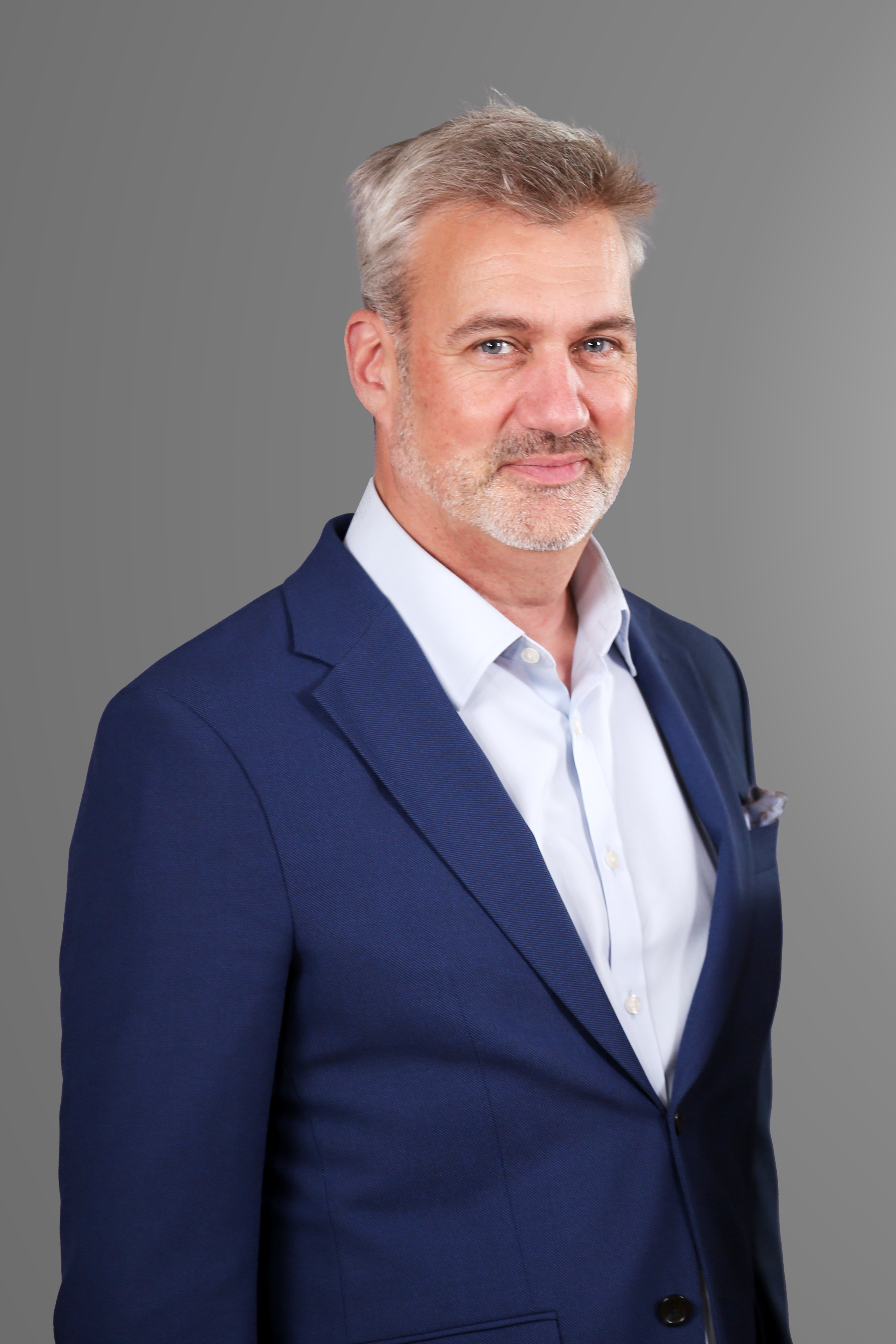
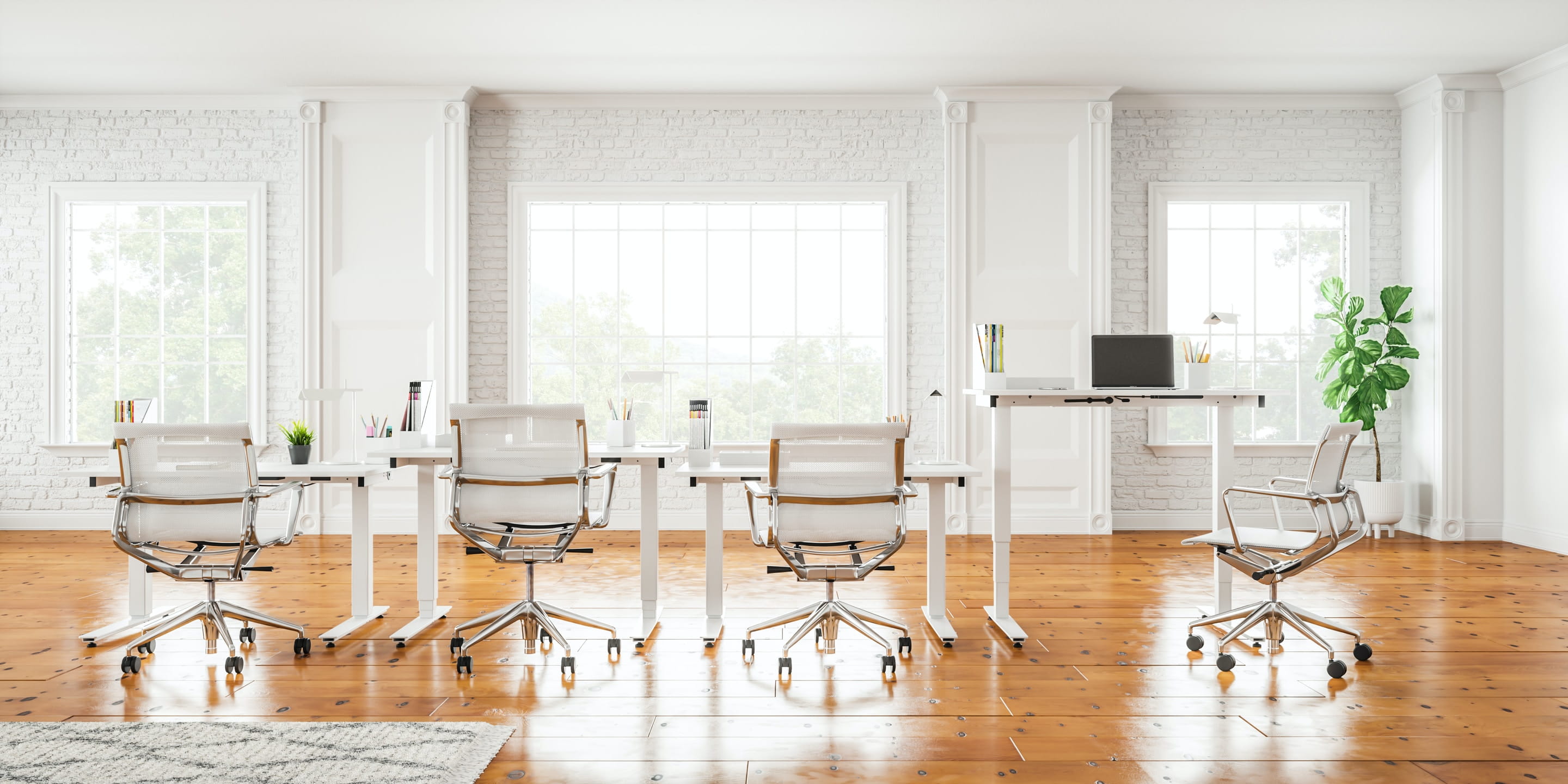
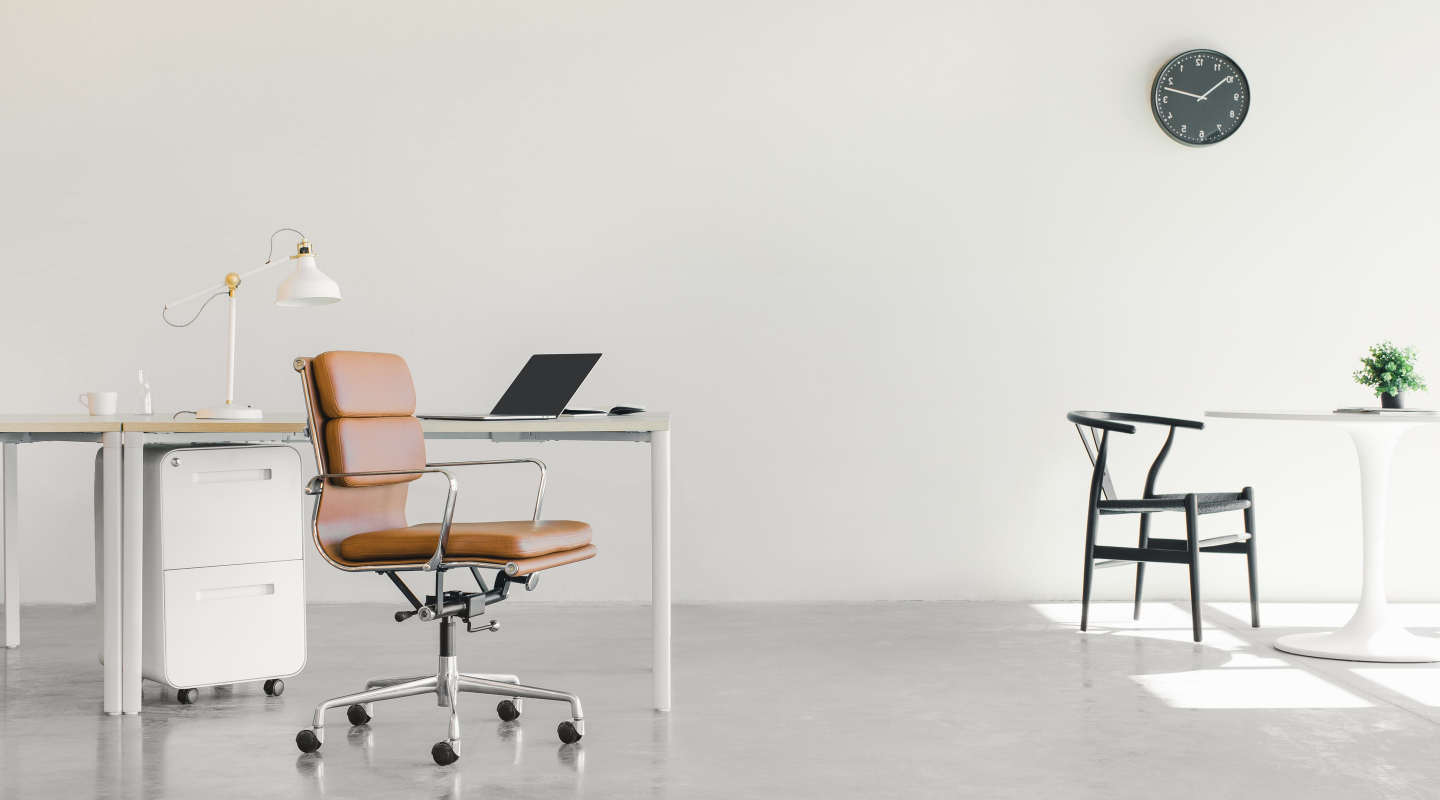





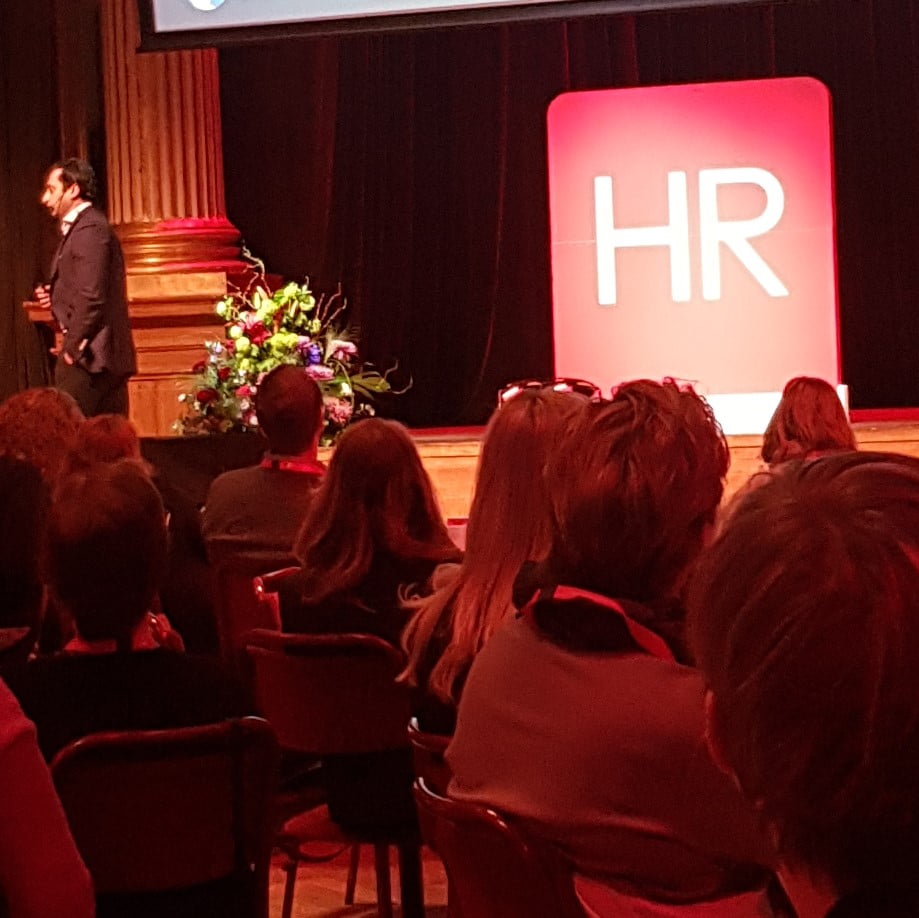
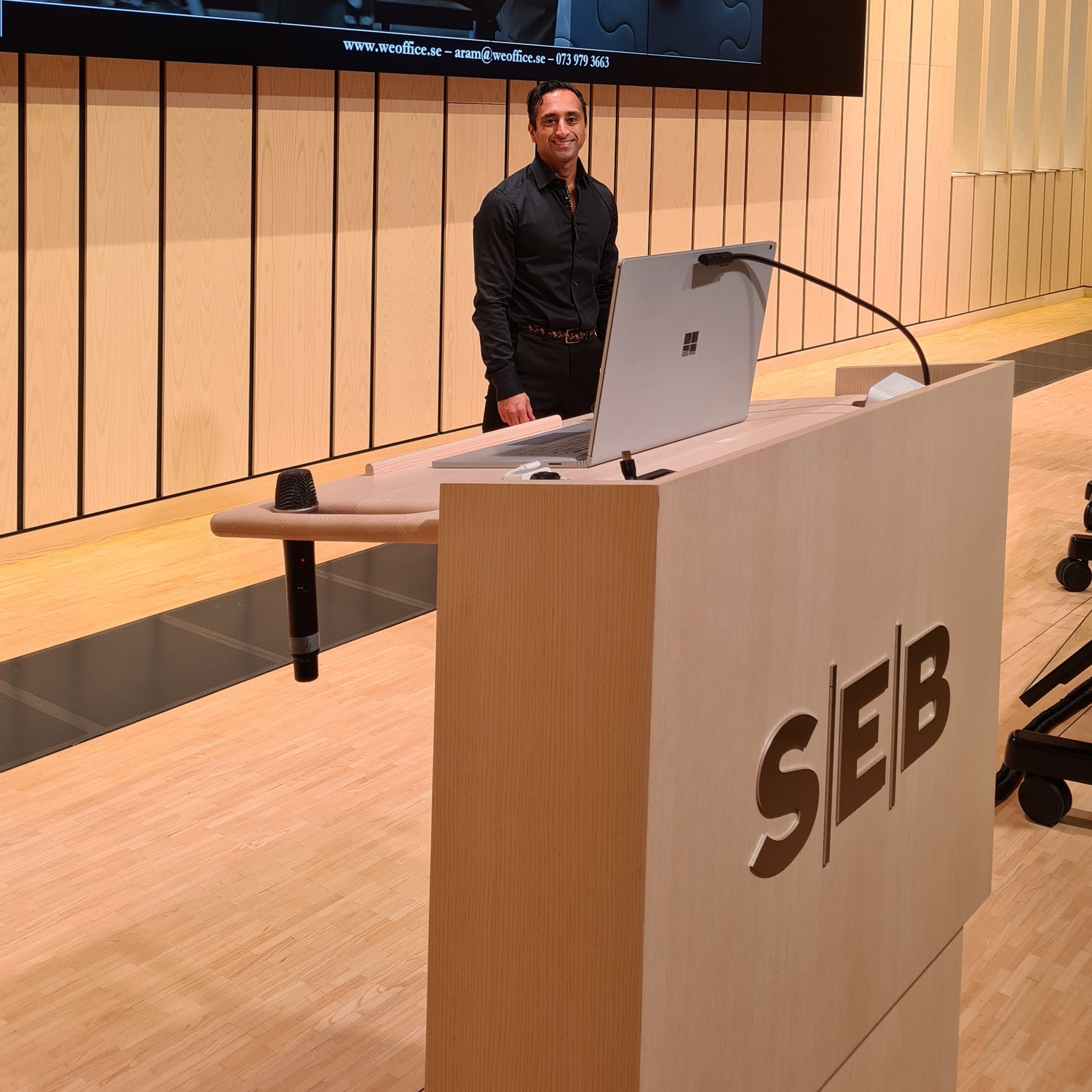



 Connect with us
Connect with us